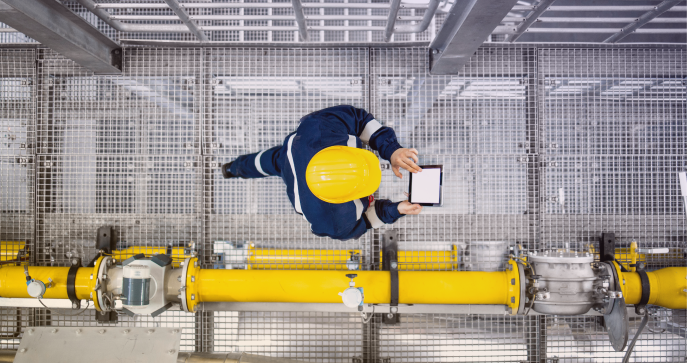Thermal-Stress and Thermal-Deflection analyses are an important subset of general finite element analysis (FEA) modeling. Such analyses are common in the development of rocket motors, ASME pressure vessels, electronics (PCB), electronic systems (automotive lamp systems), composite curing mandrels, generators, satellites, etc.
This technical seminar will present the basic principles of linear, thermal-stress and thermal-deflection analysis. For this seminar we will use thermal-stress to cover any type of mechanical behavior, stress or deflection, introduced by a fixed temperature rise (delta) or an induced temperature gradient. The resulting strain from this temperature load is based on the material’s coefficient of thermal expansion (CTE). The development of stress or deflection within the structure is dependent upon many factors that will be discussed with easy-to-follow basic examples. With this background, the creation of temperature loads will be discussed using simple boundary conditions or running a steady-state conduction analysis to map out an imposed temperature gradient.








